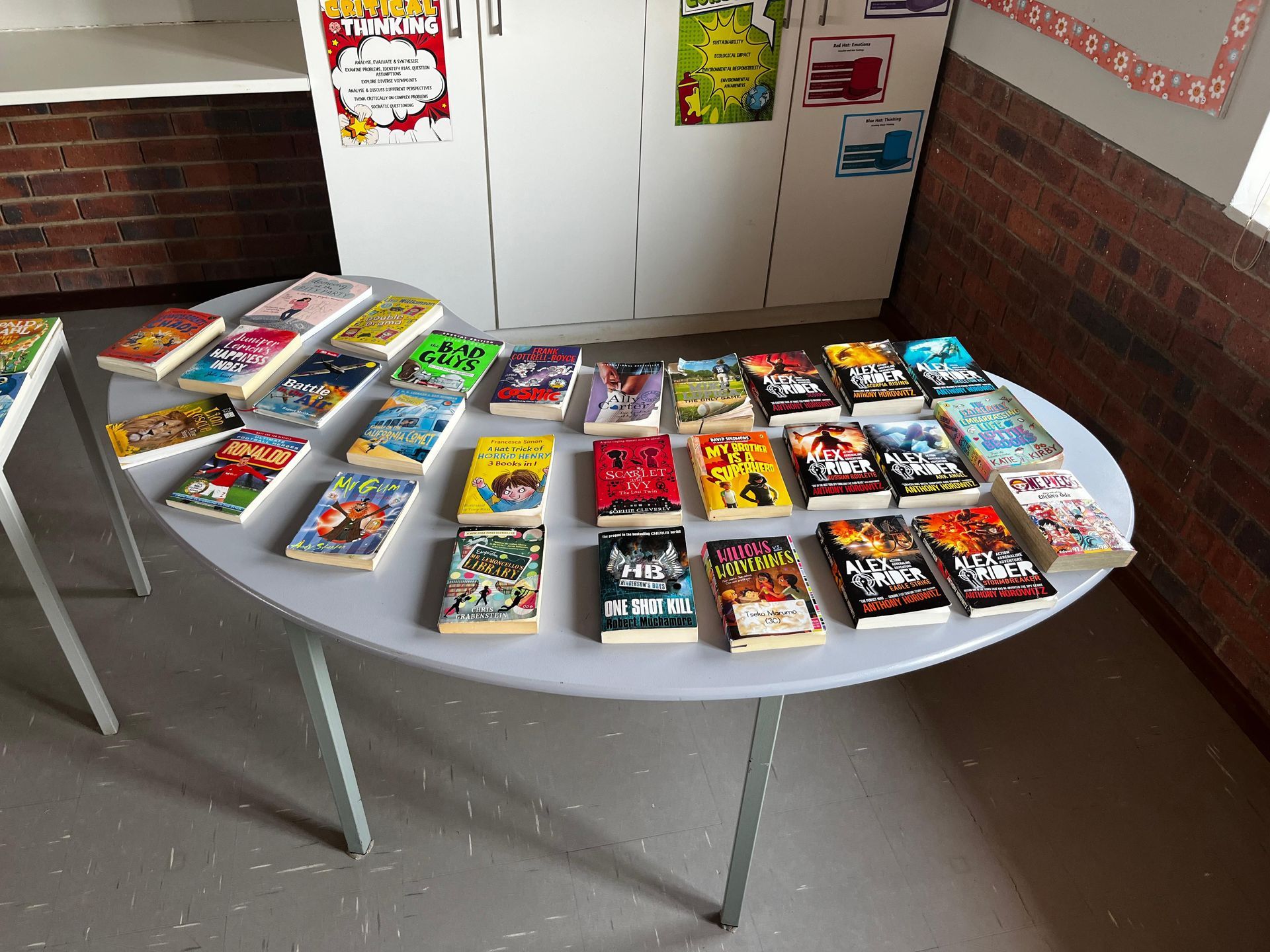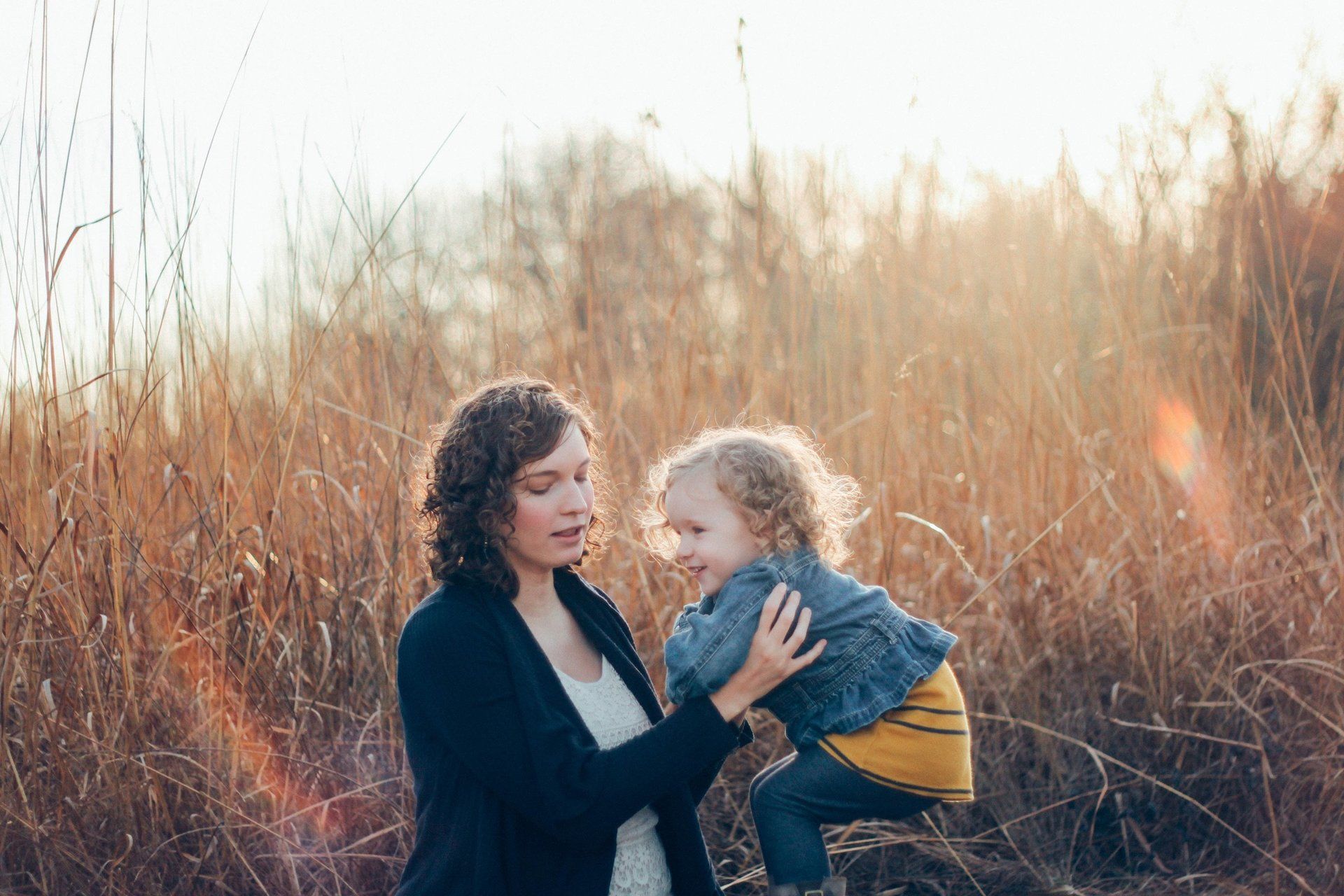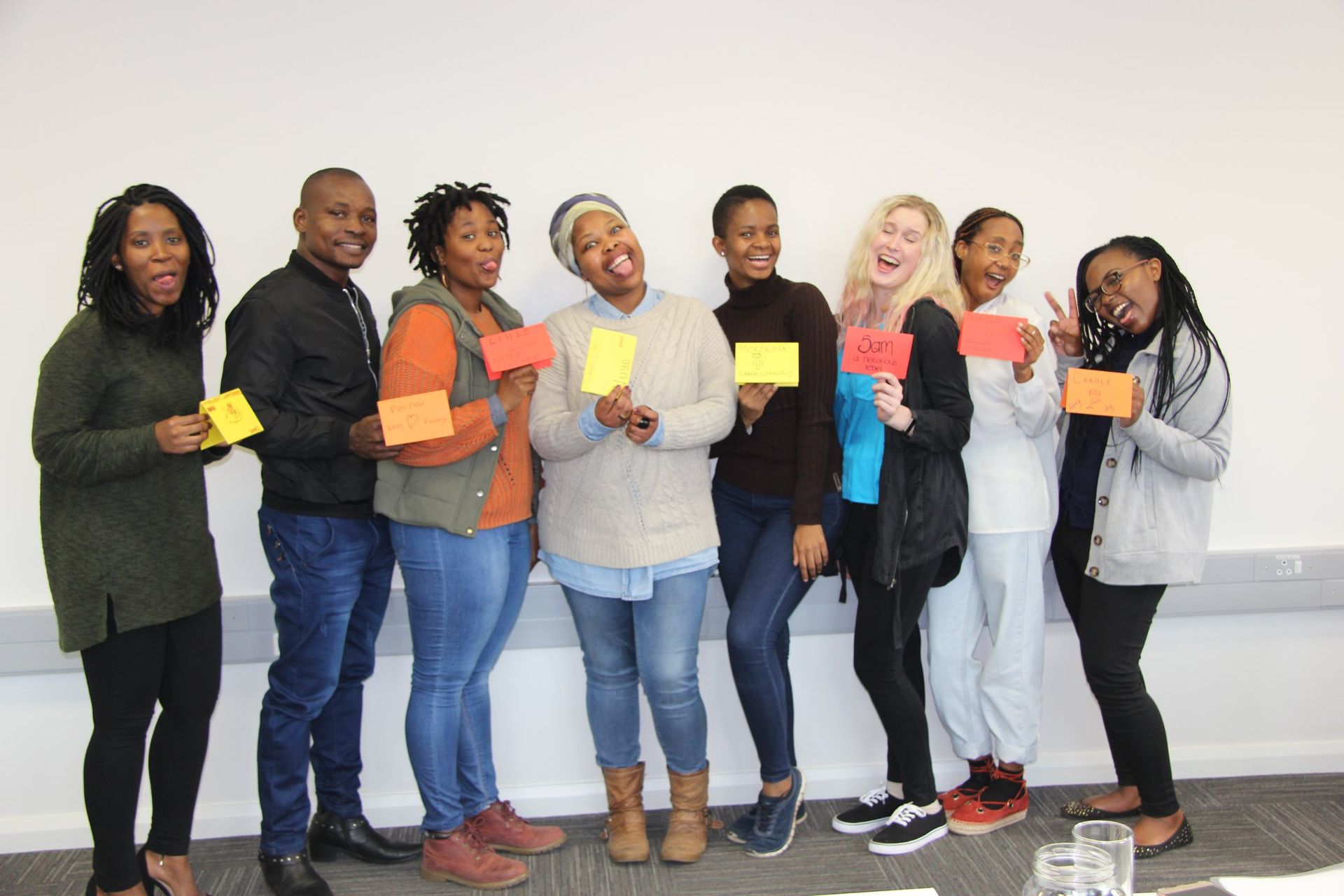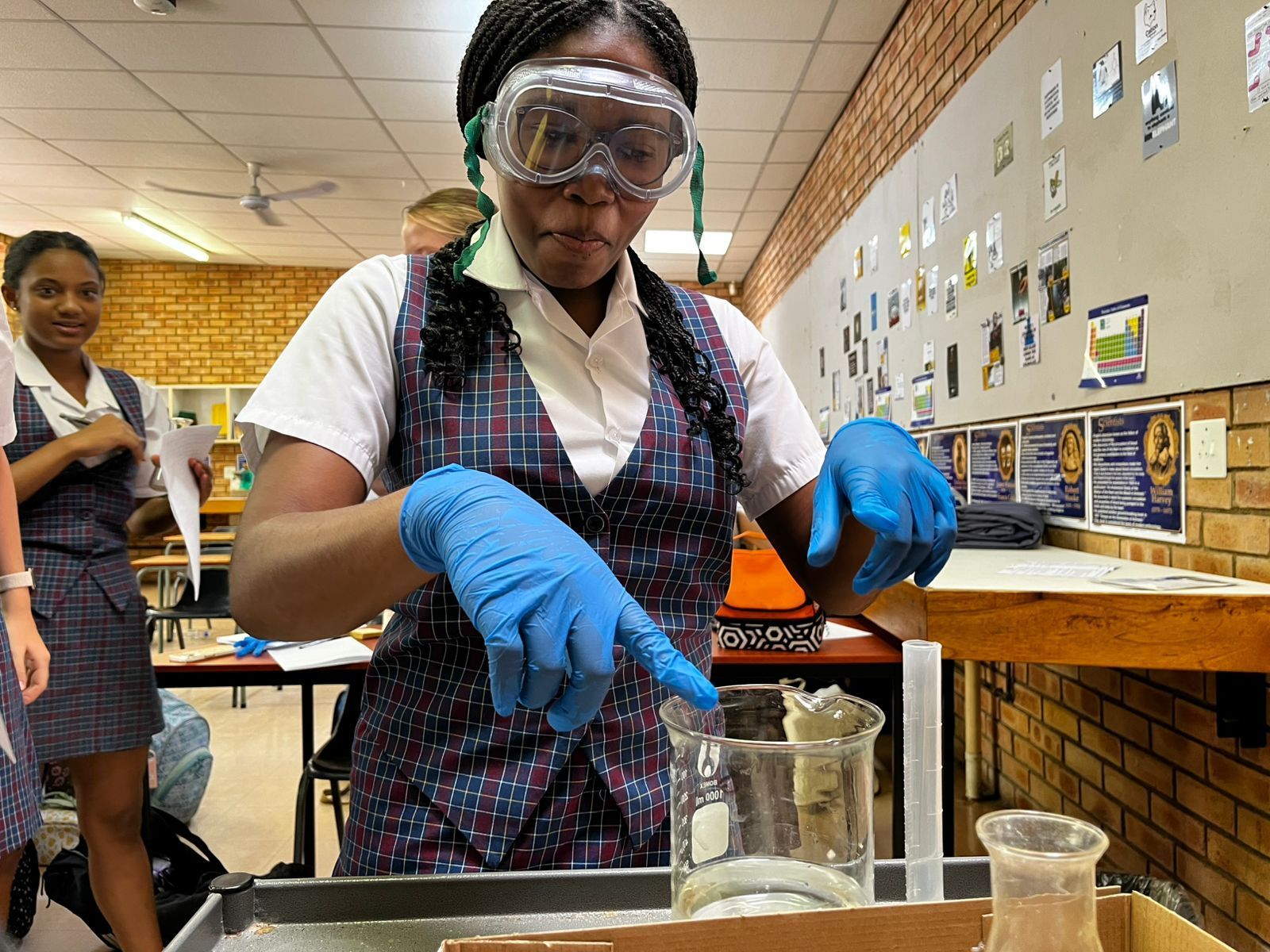Why it is Important to have Fun with your Five-Year-Old?
In today’s world, parenting is no easy task. As a parent, the responsibility of balance is highly over-stressed, and the proverbial checklist is always hanging over your head. In the chaos of packing healthy snacks, rushing off to various activities, scheduling playdates, limiting screen time, preparing nutritious meals and persevering through homework – all while trying to bring your A-game to the workplace and being the person your spouse married – we forget the golden rule: all children want is some quality time.
Then calculating the time a child spends at school, extra mural activities and social engagements (the times that do not include parental involvement), what little time is left becomes alarmingly important. Most families will spend quality time with one another over the course of a weekend, which equates to 104 days a year. Over the course of 18 years, the average family will spend 1872 weekend days together. Not a lot considering that if your child is of school going age, that you have already used up 520 of these days.
How much of your family’s time is spent over scheduling, overworking and overloading? Sometimes it is important to put all the necessities on the back-burner and just have some good old fun. When thinking back on your own childhood, the most nostalgic and happy memories are the ones centered around time spent with family and friends, not your mom keeping your house spotless or your dad working late. Ultimately, it was when you were having fun.
So, what is fun and how do we get it? According to the dictionary, fun is “enjoyment, amusement, or light-hearted pleasure.” If you take the time to quietly observe your child, ask yourself these questions: “What does my child enjoy?” “What does my child find amusing?” “What gives my child pleasure?” Write your observations down and try incorporate them into your quality time moments.
Why is it important to have fun? Well, firstly having fun is a great stress-reliever. It is quite hard to believe, but children in today’s world have a considerable amount of stress. By engaging in fun, play-based activities, children are able to lower cortisol levels and produce more serotonin, which results in happier, calmer and more relaxed little people.
Engaging in fun activities, with someone we genuinely care about improves resilience. How many children around the age of five absolutely love board games? There are always fond memories of when a parent taught their child how to play a particular game. Playing boardgames also equips children with important social skills such as taking turns and learning how to win and lose.
Having fun is an energy injection. When children are enjoying themselves and spending time with others, doing the things they enjoy, they feel more awake and capable. It also helps to improve concentration and memory, hence why children in preschool have various play times.
Forming meaningful connections with others is one of the most significant benefits of having fun. Taking time to enjoy activities and conversations with friends gives us a sense of connection, usefulness, and meaning that can be more powerful than any prescription. Brene Brown, a sociologist who specialises in human connection, says, “As psychologists from Maslow to Baumeister have repeatedly stressed, the truth of the matter is that a sense of social connection is one of our fundamental human needs.”
Lastly, having fun helps create positive patterns. Taking the time to engage in fun activities is a great way to combat stress, strengthen connections, work through emotional issues and create learning opportunities for both parent and child.
Here are some tips and pointers to add some more fun to your quality time moments with your child:
- Play together – make believe, hide and seek, card games, board games
- Laugh together – whoopee cushions and silly pranks, knock-knock jokes
- Get outside – go on a nature walk, ride your bicycles, go to the beach, have a water balloon fight, garden together
- Have an adventure – have a camp out in the garden, go fishing, have a picnic, go on a scavenger hunt
- Read together – read a classic chapter book, listen to audio books in the car, have a family quiet reading time during the day
- Cook together – teach them the basics, cook something from a kids recipe book, make s’mores, teach them to flip a pancake, decorate cupcakes
- Make and create – draw, paint, build something out of Lego, make a fairy garden, build a fort
- Learn more about each other – use conversation starter cards, go on a mommy/daddy and me date, let your child take photographs, tell each other stories















